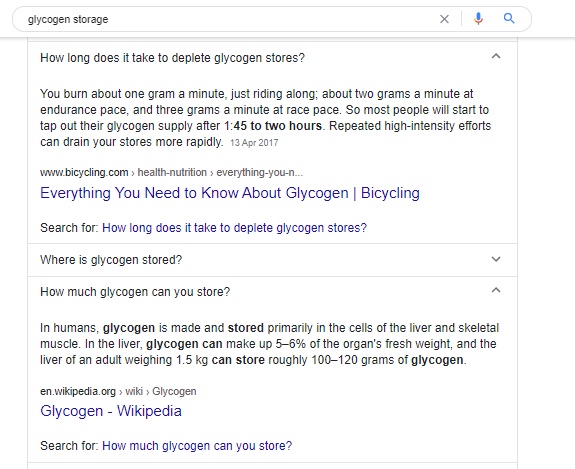That isn't strictly true because the actual daily requirement for carbs is zero ! The only reason people tend to think otherwise is that the brain need some glucose for fuel, but in the absence of carbs your body makes glucose from either fats or protein both of which are better for Type 2 Diabetics than carbs are because they don't spike the Blood Glucose like carbs do.The carb portion also depends on how active or inactive you are. Ie a builder will need more of everything than a person who spends a lot of time at home for instance. The Carbs and Cals book is great for guidance on carb count and portion sizes.
Dr Ian Lake a GP with Type 1 diabetes along with 1 other Type 1 diabetic and some health care professionals did 100 miles (or approx 4 marathons) in 5 days without any food at all and tests showed they didn't waste any muscle mass - they did it on stored body fat alone, some of which was turned into glucose for the brain.
So the idea that you need carbs for energy is just a myth, otherwise our ancestors would never have survived the winters in Europe.
Last edited:




